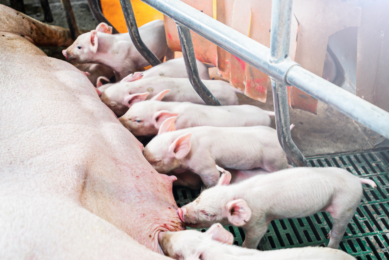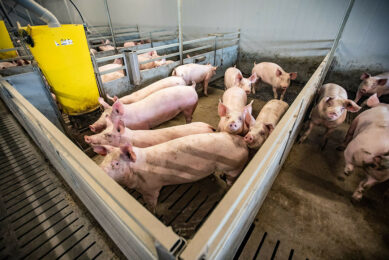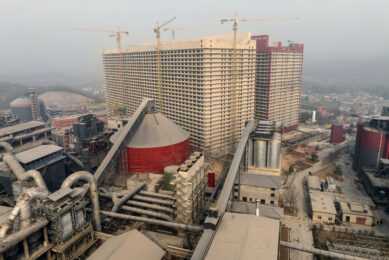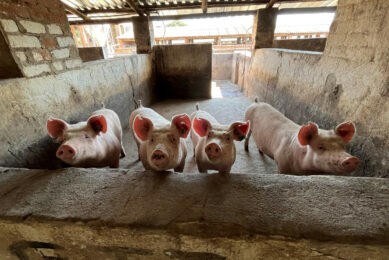Interview: What to expect from Brazil’s ag minister Cristina?

As of this month, the Bolsonaro administration has taken power in Brazil. In the new right-wing government, Tereza Cristina has been appointed minister of agriculture, livestock and supply. Key themes will be deregulation, self-inspection and investments.
In her role as new minister of agriculture and livestock and supply, former Congresswoman Tereza Cristina shall be responsible for policies to this powerful industry while facing many challenges. That includes conquering new markets, boosting efficiency, increasing production and rising food security while ensuring that Brazilians players are producing increasingly more sustainable.

Brazil’s pig producers have responded positively to Mr Bolsonaro’s election as president
As a producer, Ms Cristina knows the day-to-day reality farmers are in. From the moment of her nomination, her initial statements have therefore pleased most of the producers, and worried others, like e.g. environmentalists.
Pig Progress: How do you intend to increase foreign trade?
Tereza Cristina: “By improving different aspects. We aim to broaden the markets where there are opportunities while maintaining and raising the quality of the ones we already have. As for new markets, we will continue to look for countries where there is a demand. We are keen to try to open them up for Brazilian goods. We will demonstrate our already recognised quality and focus on bilateral negotiations.”
What do you think of the new president’s team statements regarding environmental issues?
“The international market is a very tough game and it is clear that competitors want to use the environment as an argument to create difficulties. The government’s position is to simplify procedures, but to undermine absolutely nothing. Our Forestry Code is very safe and sustainable, which is undeniable. We just want to reduce bureaucracy. If a license can be given in a month, why take a year?
“There is a kind of hysteria about what the president says. He wants to simplify. Our Forest Code and environmental laws are some of the most demanding on the planet. We just want our legislation to be obeyed faster. That is, if a venture cannot happen, the response should be quick. If it can be taken forward, it should be quick too. And this is the responsibility of the Brazilian ministry of environment.
What about aspects of food safety? How to erase the bad impression left by the Carne Fraca operation (against corruption, ed.) and reinforce the credibility of Brazilian controls?
“It begins first from the companies that have had this problem. They have to improve their controls and they are already doing it. It really was a very bad image. Companies must work to be able to provide security to their buyers. For our part, we oversee to know how they work and to audit. From this, we make sure there has been a change and will show to these countries so that we have credibility again. Each one in his job.”
The plan is to transform the inspection model by putting more responsibilities in the hands of companies. Don’t you think it is a risk for safety on one hand and the image of the sector on the other?
“Everyone has to take responsibility. The ministry must oversee and the companies are responsible for their quality. Self-scrutiny is a process that will not be common from one moment to another. The idea is for the government to monitor the beginning and the end of those processes. Not like it is today when public inspectors have to be 24 hours inside factories. We do not have enough staff for all of that.
“Companies have to give guarantees for the domestic and external markets. By having done that on their behalf, we used to take away their responsibility. The new model is also used in Europe and the USA as well. Our motto is ‘less Brasilia and more Brazil’. It is not a process that is going to happen overnight. Requirements of high quality standards cannot be ignored; on the contrary, they should continue to rise.”

Read more about Brazil and other major pig countries in our Country Focus Tool
Will new agricultural technologies be stimulated?
“We created a secretary of Innovation and Technology inside the ministry of agriculture for that. Brazil is a continent-size country with many different situations. Think of small farmers producing for subsistence to large ones using very advanced technology. We have to allow the big guys to do their work so we can focus on helping the small ones.
“We would like the smaller producers to skip 1 or 2 levels when talking about technology. We are evolving very fast to have a lot more research applied to the field. The Brazilian Agricultural Research Corporation (Embrapa) will have an increasing role to play.”











